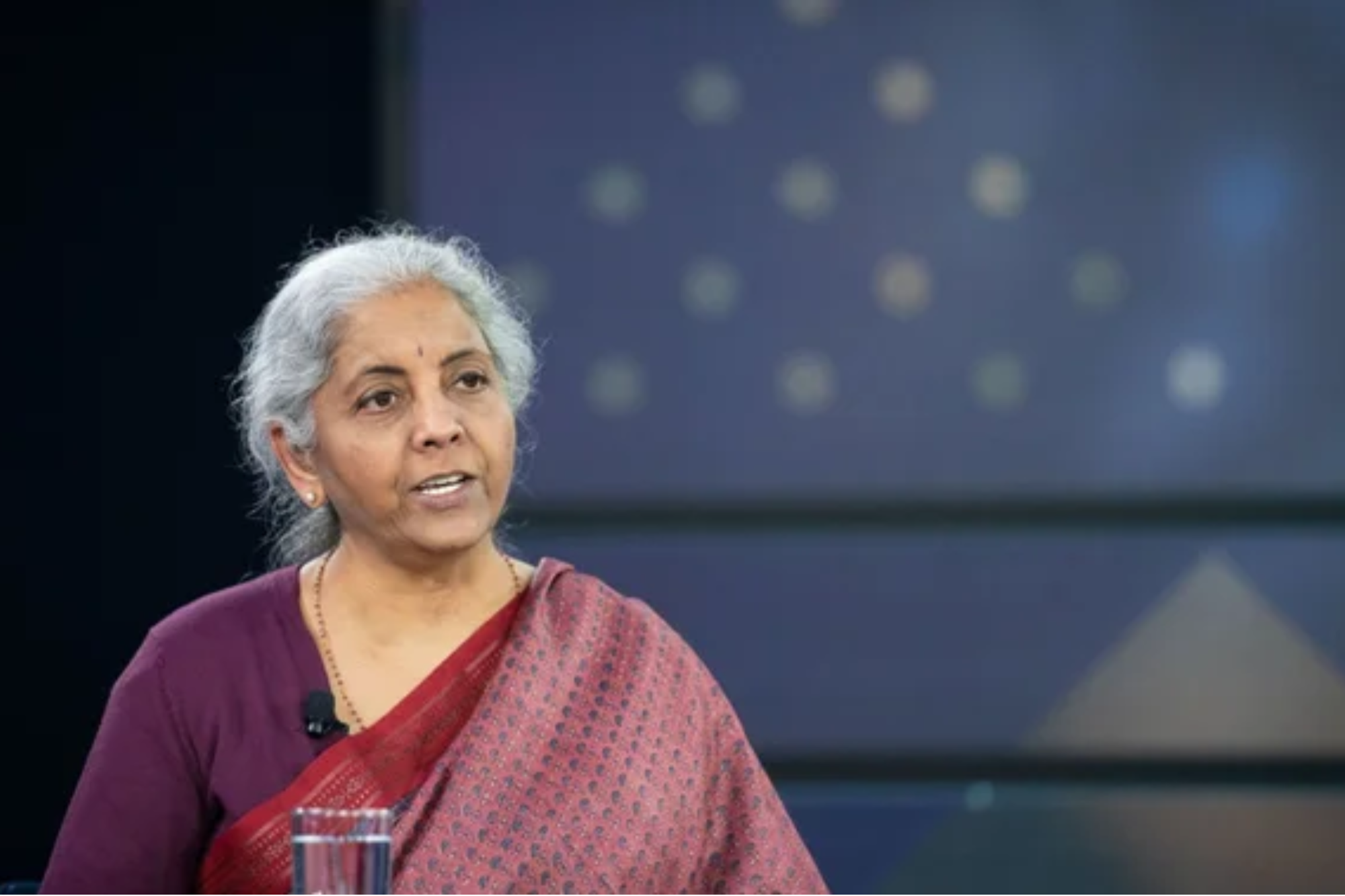5 Key Lessons from Mukesh Ambani's Leadership Playbook Drawing from decades of experience, Ambani's remarks offer practical insight into risk-taking, innovation, institutional culture, and building for the long term
You're reading Entrepreneur India, an international franchise of Entrepreneur Media.

From betting against conventional wisdom to building an institutional ethos grounded in societal value, Mukesh Ambani's leadership journey offers more than corporate lessons. As Asia's business landscape becomes increasingly volatile and tech-driven, the Reliance model may serve as a rare compass.
Mukesh Ambani, chairman, Reliance Industries, lays out the guiding philosophies that have shaped Reliance Industries' evolution from a modest textiles operation into one of Asia's most consequential conglomerates. Drawing from decades of experience, Ambani's remarks offer practical insight into risk-taking, innovation, institutional culture, and building for the long term. Here are five powerful takeaways:
1. Vision anchored in impact, not wealth
Ambani doesn't mince words about what drives business at Reliance. Profit has never been the North Star; purpose has. Recounting his father Dhirubhai Ambani's founding philosophy, he recalls: "If you want to start a business to be a billionaire, you are an idiot… If you want to start a business to impact a billion people, then you have a good chance of success." This belief, embedded deeply into the company's DNA, has guided Reliance's expansion; from polyester to petroleum, from telecom to green energy, with a consistent eye on societal transformation. "Our vision and purpose of doing business have to be impact-led," Ambani emphasized. That core mission has not changed; only the business strategy has evolved to meet new challenges.
2. Bet big but prepare for the worst
Risk, for Ambani, isn't a gamble; it's a calculated obligation. He applies a strict rule before diving into any major venture: "You start off by thinking in terms of what the worst is that could happen, and then you have to survive that." This mindset formed Reliance's boldest leap, investing $25 billion in Jio at a time when few believed India was ready for advanced digital infrastructure. Ambani told his board that even if it failed financially, it would still be "the best philanthropy that we will have ever done in India because we will have digitized India."
3. Reinvent relentlessly
Ambani is not interested in building businesses that merely survive market cycles. His commitment is to build institutions. "Reliance is a process. It's an institution that should last," he said, echoing his father's charge. That institutional longevity is fueled by continuous reinvention. "Even today, we reinvent our business every three, four, or five years," he explained. Whether it was moving early into 4G, launching the world's largest start-up refinery in Jamnagar, or now investing in clean energy and deep-tech manufacturing, Ambani remains convinced that static models are a liability in fast-changing environments. Legacy, for him, is not about what's been built but how well it adapts.
4. Culture is the strongest insurance policy
For Ambani, Reliance's internal culture is grounded in sincerity, transparency, and shared values. It's how the company mitigates risk and scales complexity. Ambani talks about making eye contact with employees as a litmus test of sincerity: "We should be able to look at each other and say we are not embarrassed." The foundation of Reliance's people philosophy lies in three Cs: character, competence, and culture. Character tops the list. "Competence can be built," he says, "but character is essential." In a system that empowers ordinary people to achieve extraordinary things, culture acts as glue, compass, and engine.
5. Own the future or fall behind
Ambani's approach to technology is aggressive and unapologetic. "We have to be owners of technology. We must be innovators," he says, dismissing the old model of relying on foreign licenses. Reliance's 5G rollout, where the company developed most components in-house, reflects this shift. His ambition for the next decade is to turn Reliance into a "deep-tech and advanced manufacturing company" with a unique play in AI: not racing into high-risk areas like GPUs, but focusing on downstream applications that solve real problems. The strategy has helped attract top talent with purpose, not just perks. "If you are clear about your goal, and you know how to use technology, then you will achieve your North Star."
Mukesh Ambani was speaking on McKinsey's Leading Asia interview.










